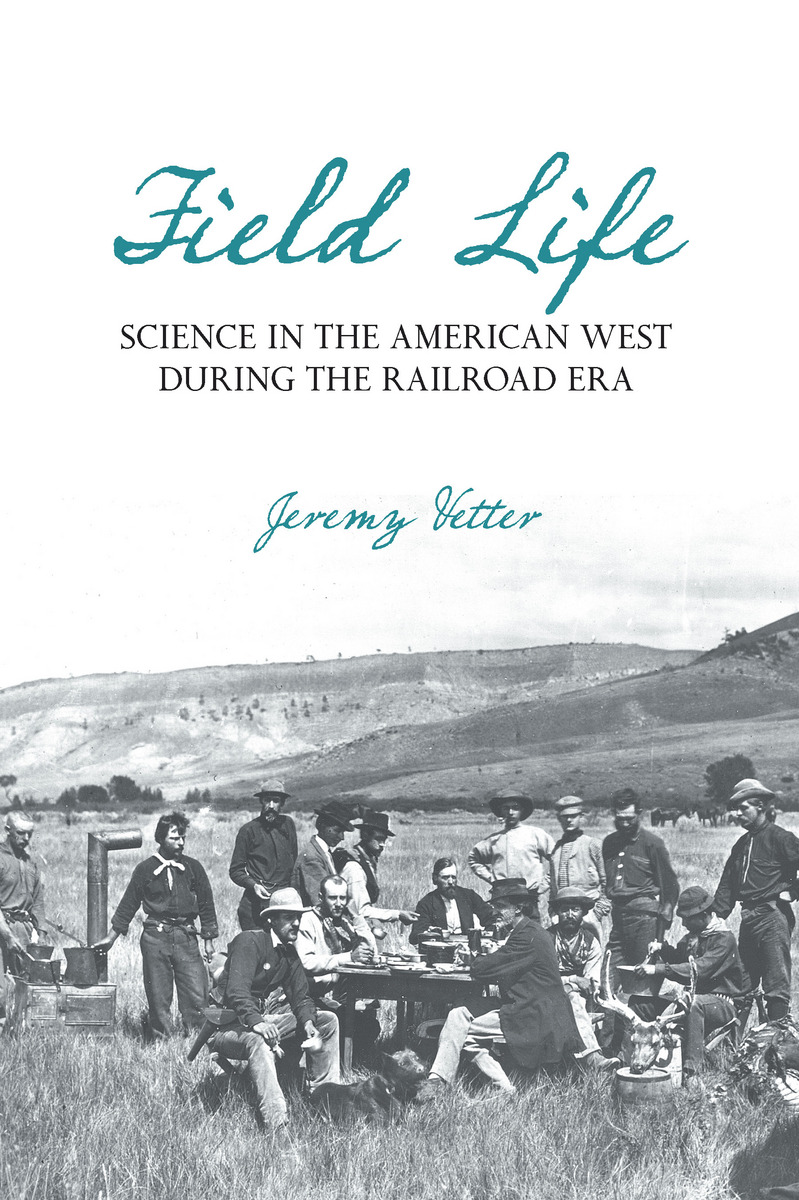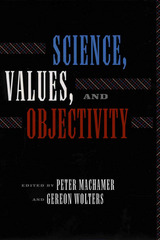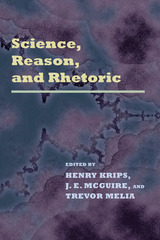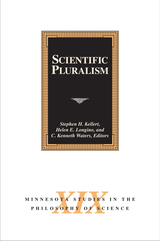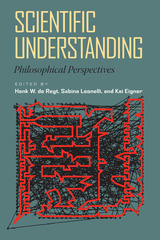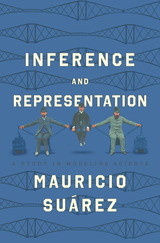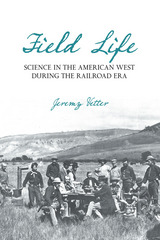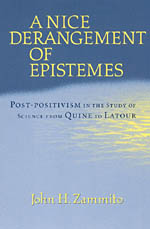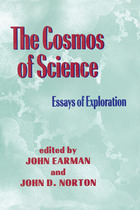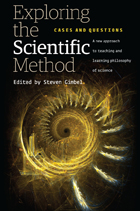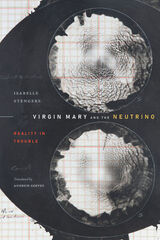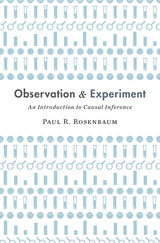Field Life: Science in the American West during the Railroad Era
University of Pittsburgh Press, 2016
eISBN: 978-0-8229-8145-9 | Cloth: 978-0-8229-4453-9
Library of Congress Classification Q175.V45 2016
Dewey Decimal Classification 502.8
eISBN: 978-0-8229-8145-9 | Cloth: 978-0-8229-4453-9
Library of Congress Classification Q175.V45 2016
Dewey Decimal Classification 502.8
ABOUT THIS BOOK | AUTHOR BIOGRAPHY | REVIEWS | TOC | REQUEST ACCESSIBLE FILE
ABOUT THIS BOOK
Winner, 2018 HSA Phillip J. Pauly Prize
Field Life examines the practice of science in the field in the Great Plains and Rocky Mountains of the American West between the 1860s and the 1910s, when the railroad was the dominant form of long-distance transportation. Grounded in approaches from environmental history and the history of technology, it emphasizes the material basis of scientific fieldwork, joining together the human labor that produced knowledge with the natural world in which those practices were embedded.
Four distinct modes of field practice, which were shared by different field science disciplines, proliferated during this period—surveys, lay networks, quarries, and stations—and this book explores the dynamics that underpinned each of them. Using two diverse case studies to animate each mode of practice, as well as the making of the field as a place for science, Field Life combines textured analysis of specific examples of field science on the ground with wider discussion of the commonalities in the practices of a diverse array of field sciences, including the earth and physical sciences, the life and agricultural sciences, and the human sciences.
By situating science in its regional environmental context, Field Life analyzes the intersection between the cosmopolitan knowledge of science and the experiential knowledge of people living in the field. Examples of field science in the Plains and Rockies range widely: geological surveys and weather observing networks, quarries to uncover dinosaur fossils and archaeological remains, and branch agricultural experiment stations and mountain biological field stations.
Field Life examines the practice of science in the field in the Great Plains and Rocky Mountains of the American West between the 1860s and the 1910s, when the railroad was the dominant form of long-distance transportation. Grounded in approaches from environmental history and the history of technology, it emphasizes the material basis of scientific fieldwork, joining together the human labor that produced knowledge with the natural world in which those practices were embedded.
Four distinct modes of field practice, which were shared by different field science disciplines, proliferated during this period—surveys, lay networks, quarries, and stations—and this book explores the dynamics that underpinned each of them. Using two diverse case studies to animate each mode of practice, as well as the making of the field as a place for science, Field Life combines textured analysis of specific examples of field science on the ground with wider discussion of the commonalities in the practices of a diverse array of field sciences, including the earth and physical sciences, the life and agricultural sciences, and the human sciences.
By situating science in its regional environmental context, Field Life analyzes the intersection between the cosmopolitan knowledge of science and the experiential knowledge of people living in the field. Examples of field science in the Plains and Rockies range widely: geological surveys and weather observing networks, quarries to uncover dinosaur fossils and archaeological remains, and branch agricultural experiment stations and mountain biological field stations.
See other books on: Fieldwork | Railroads | Surveying | Vetter, Jeremy | West (U.S.)
See other titles from University of Pittsburgh Press
